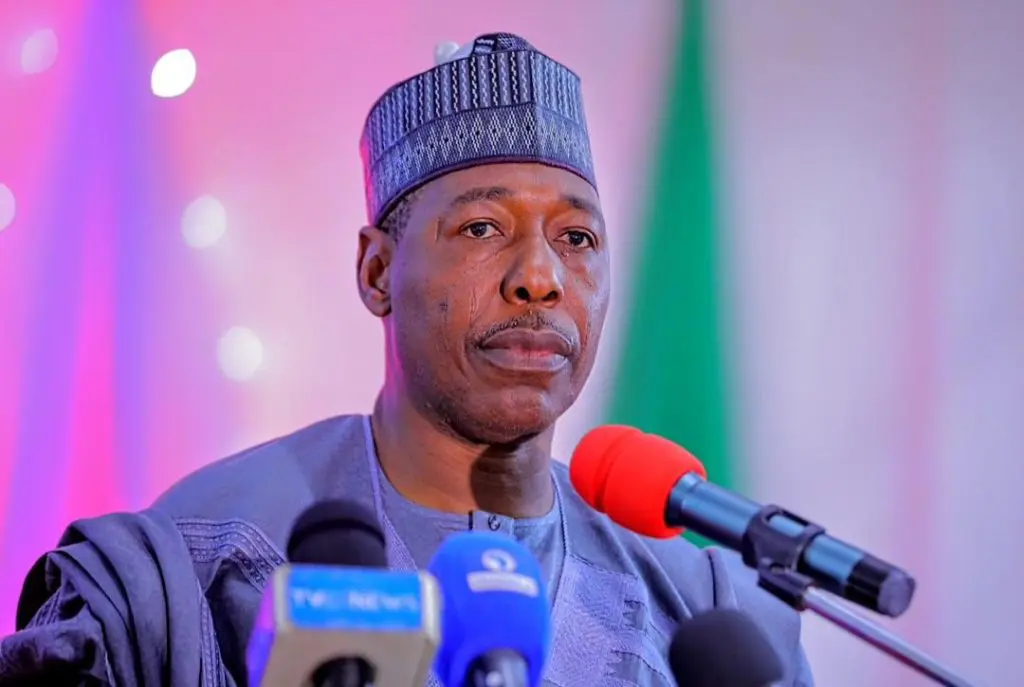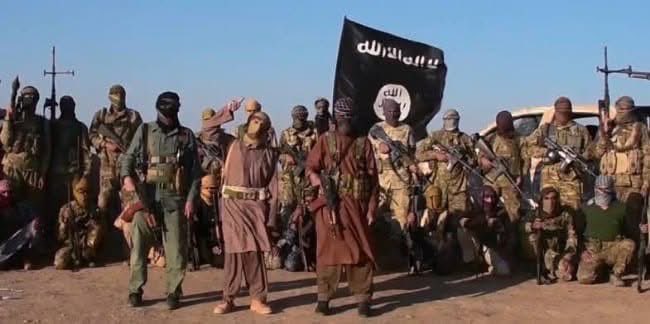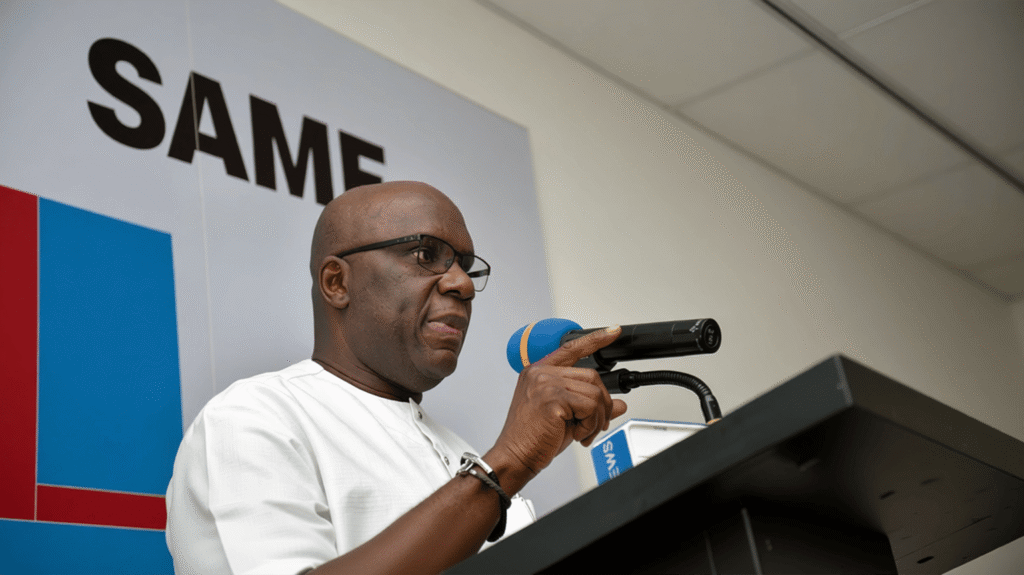Zulum Unveils Incentives To Boost School Enrollment In Borno’s Insurgency-Hit Communities

Governor Babagana Umara Zulum has launched an ambitious education intervention in Gajiganna town aimed at reversing the low enrollment rates in communities devastated by more than a decade of insurgency.
The governor announced a package of financial incentives and free school meals to encourage parents to send their children to school.
Under the scheme, fathers will receive ₦250,000, while mothers and pupils will each get ₦50,000. In addition, the government will provide daily free meals for all students in the participating schools.
Zulum explained that the intervention is designed to close the education gap in areas most affected by Boko Haram insurgency, which has displaced families and disrupted formal learning for thousands of children.
“We are determined to rebuild not just infrastructure, but also the future of our children by ensuring they return to the classroom,” the governor said.
The initiative was unveiled in Gajiganna, a town of about 50,000 residents, where only around 90 students were enrolled in the local secondary school before the intervention.
Alongside the incentives, Zulum also inaugurated a Higher Islamic College, which integrates traditional Almajiri (Sangaya) learning with modern subjects such as science, mathematics, technology, and English, under a curriculum approved by the National Board for Arabic and Islamic Studies (NBAIS).
He further commissioned a new Government Day Secondary School to serve pupils completing primary education in the community.
Borno’s Commissioner for Education, Science, Technology, and Innovation, Lawan Wakilbe, noted that the government has delivered 104 mega schools in the past six years, with another 35 under construction, reflecting the administration’s sustained commitment to restoring education in the state.
The initiative has been widely welcomed as a step toward addressing decades of lost opportunities in a region where conflict has left thousands of children without access to classrooms.








